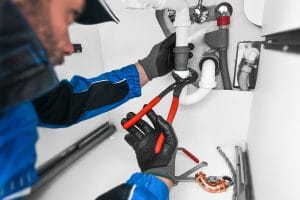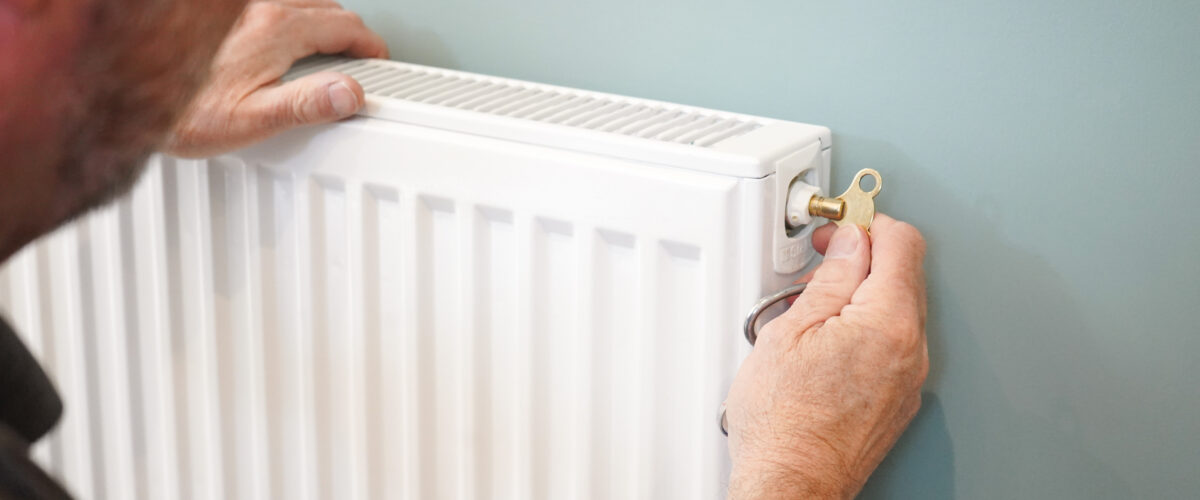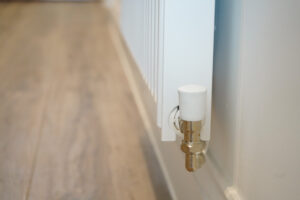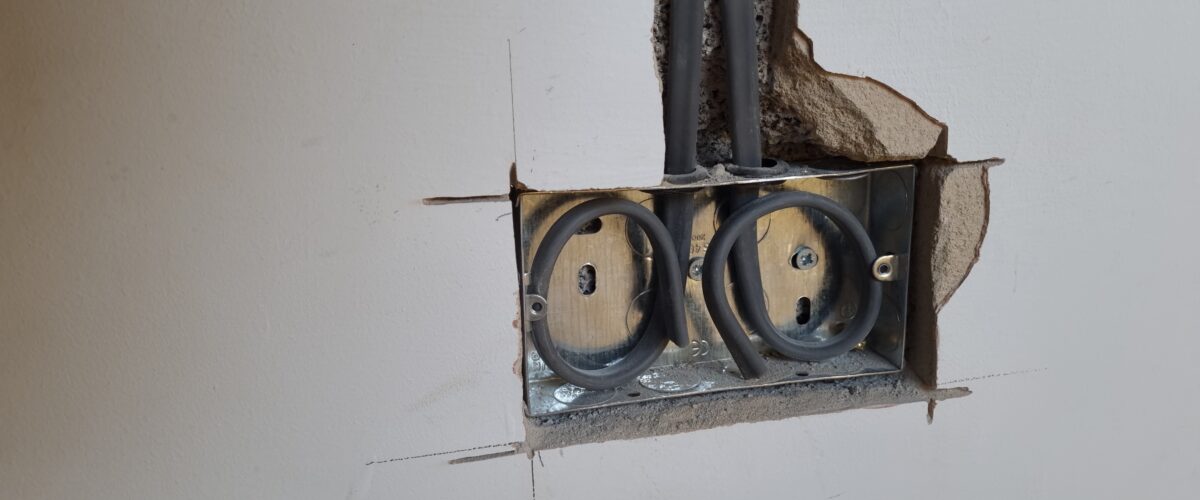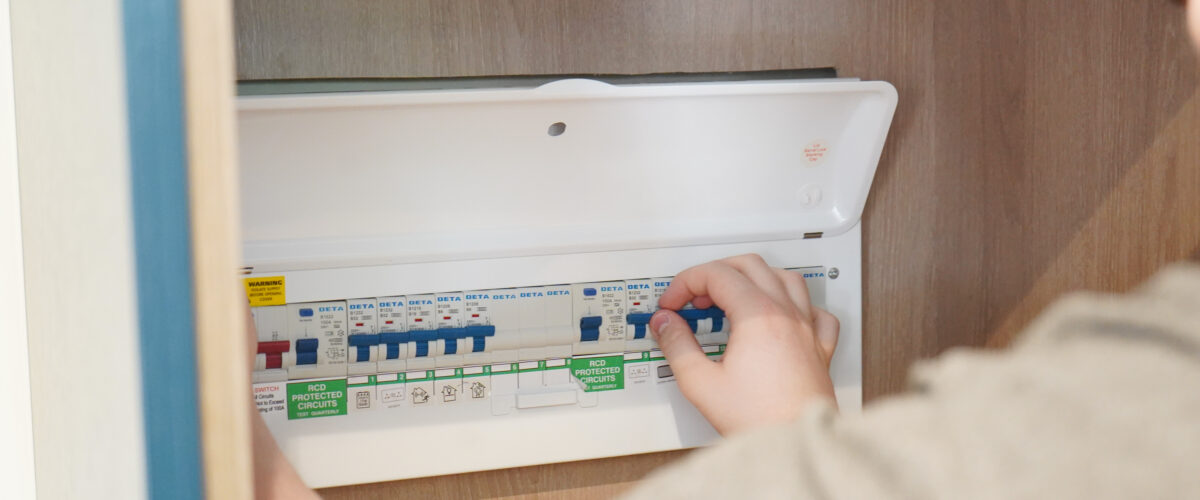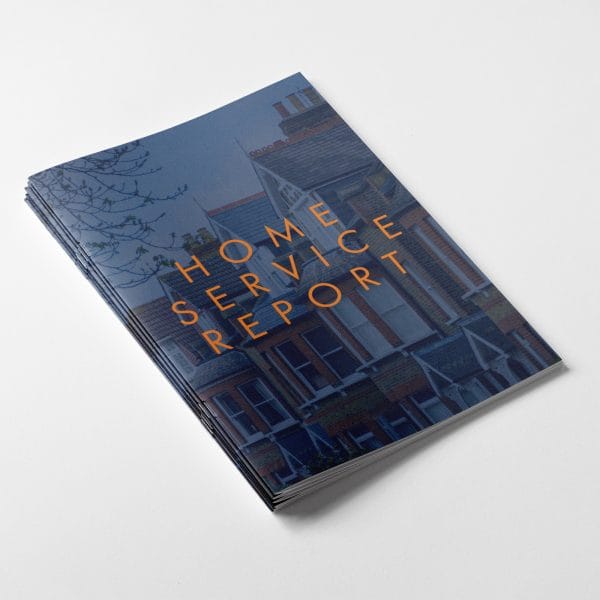
Does Your Holiday Let Need an EPC?
Does Your Holiday Let Need an EPC
Owning a holiday let can be rewarding, but it also brings legal responsibilities, one of which concerns your property’s Energy Performance Certificate (EPC). EPCs are used to show how energy-efficient a building is, but many short-term landlords are unsure whether these rules apply to them.
This guide explains when a holiday let must have an EPC, when it can be exempt, and what practical steps to take to remain compliant while keeping guests comfortable and energy costs low.
Understanding EPCs for Holiday Lets
An Energy Performance Certificate (EPC) rates a property from A (most efficient) to G (least efficient). It shows how much energy a building uses, typical running costs, and recommendations for improvement.
EPCs are legally required whenever a property is sold, built, or let. For holiday accommodation, the requirement depends on how the property is marketed and how often it’s rented.
When a Holiday Let Needs an EPC
A holiday let requires an EPC if:
- It is rented out for more than 4 months in total within a 12-month period.
- It is marketed for longer-term occupancy, such as weeks or months at a time.
- It is used as residential accommodation under standard tenancy agreements rather than purely as short-stay accommodation.
If any of these conditions apply, you must have a valid EPC rated E or above to meet the Minimum Energy Efficiency Standards (MEES).
When a Holiday Let Is Exempt
Your property may not need an EPC if it meets one or more of these criteria:
- It is let for less than 4 months total per year, or
- It is rented under a licence to occupy rather than a tenancy, and the occupancy pattern is short-term and intermittent, or
- It is not let to the same person for more than 28 consecutive days, and remains in private use the rest of the year
These exemptions recognise that occasional, short-term use has minimal energy impact compared to full-time residential letting.
However, even if your property qualifies for exemption, improving its efficiency is still beneficial it reduces running costs and improves guest satisfaction.
The Benefits of Having an EPC Anyway
Even when not strictly required, commissioning an EPC provides real advantages:
- Transparency: Guests appreciate knowing the energy performance of the property.
- Marketing strength: Many booking platforms display energy efficiency information alongside amenities.
- Long-term value: If you decide to sell or rent long-term later, the EPC will already be in place.
- Cost savings: The recommendations help lower energy bills between guest stays.
How To Get an EPC for a Holiday Let
- Book an accredited Domestic Energy Assessor (DEA)
They will visit your property to record details of construction, insulation, heating, and lighting. - Receive your certificate
You’ll receive a digital report with your rating and improvement advice within a few days. - Display or provide it if required
If your property is advertised for rent beyond short-term stays, include the rating in marketing materials.
Home Service Reports offers national EPC assessments with fast turnaround, ideal for owners managing multiple holiday homes or seasonal lets.
Practical Ways To Improve Efficiency
Even short-term properties benefit from better energy performance. Focus on simple measures that improve comfort and cut costs:
- Fit thermostatic radiator valves or smart heating controls.
- Upgrade to LED lighting throughout.
- Add draught-proofing and roof insulation.
- Install efficient water heating systems.
- Encourage guests to use appliances responsibly through in-property guidance.
Key Takeaways
- If your holiday let is rented for more than four months a year or regularly used as residential accommodation, it must have a valid EPC rated E or above.
- Short-term, occasional lets may be exempt, but having an EPC remains best practice. It provides valuable insight, demonstrates professionalism, and can even attract energy-conscious travellers.
- For expert EPC assessments and clear advice on compliance for holiday homes, contact Home Service Reports.
FAQs
Does every holiday let need an EPC?
No. Properties let for less than four months a year or for very short-term stays are usually exempt.
How do I know if my holiday let is exempt?
If your property is rented for fewer than 4 months per year and is not continuously occupied, it’s likely exempt. Always check with a qualified assessor.
What EPC rating do I need for a holiday let?
If an EPC is required, it must be rated E or higher to comply with MEES regulations.
Can I advertise my property without an EPC?
Only if the property qualifies for exemption, otherwise, EPC details must appear in marketing materials.hs a year or for very short-term stays are usually exempt.
How long does an EPC last?
An EPC is valid for ten years from its date of issue.

